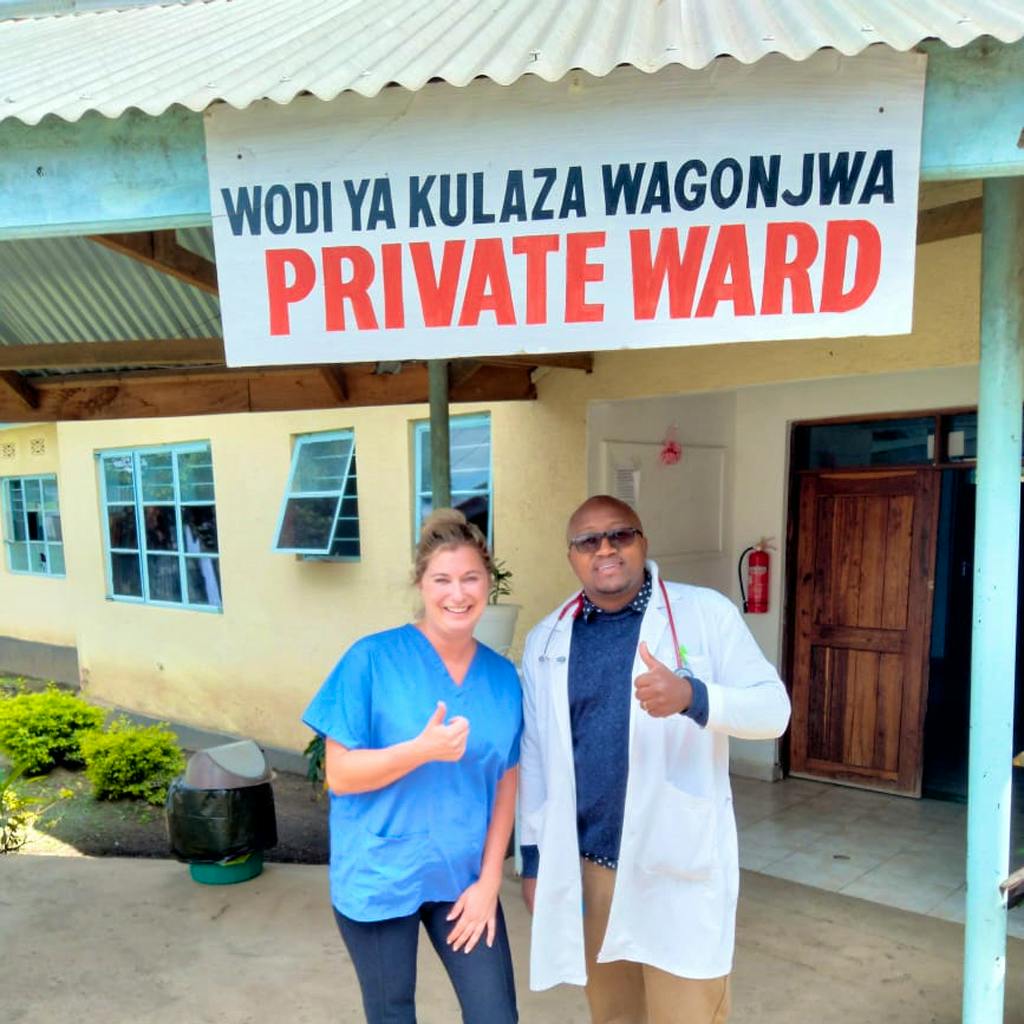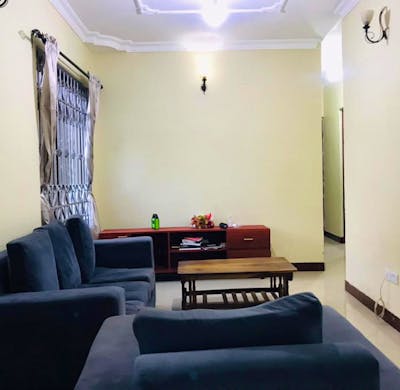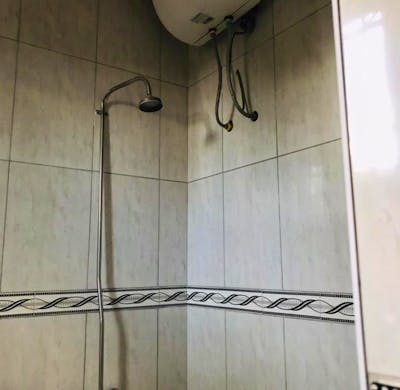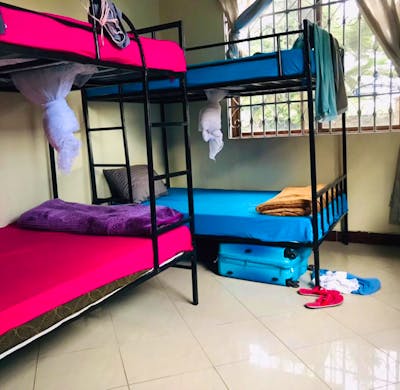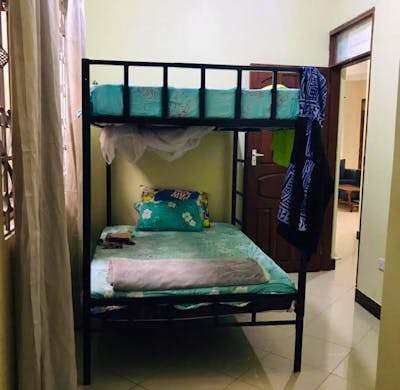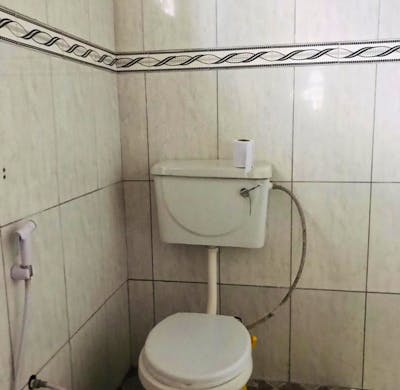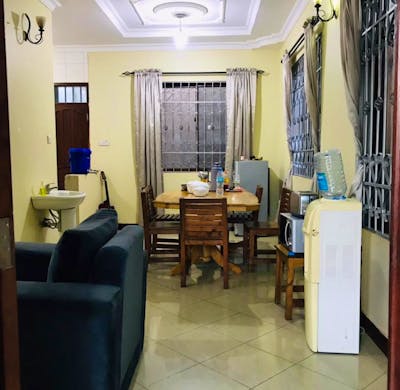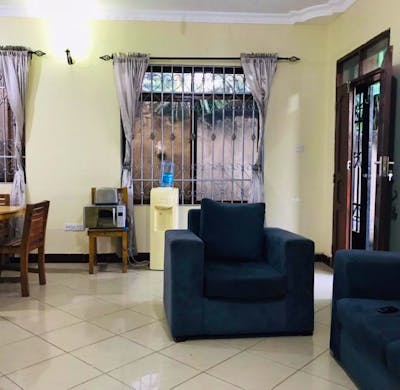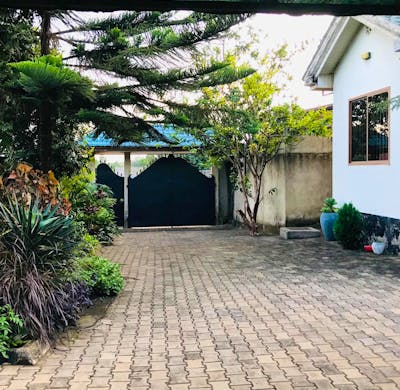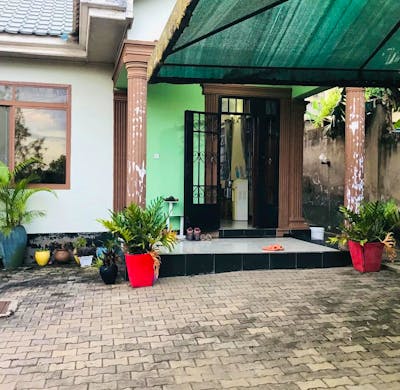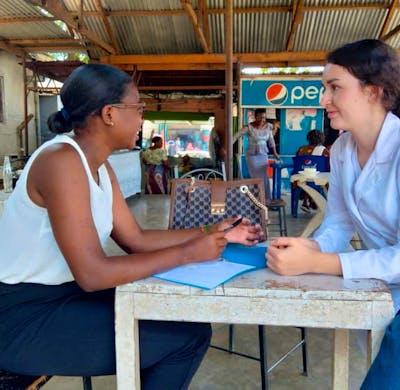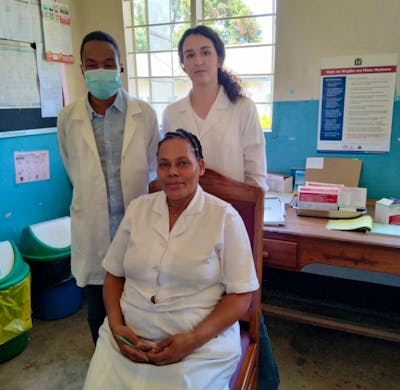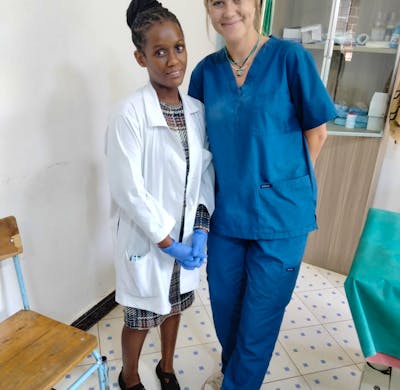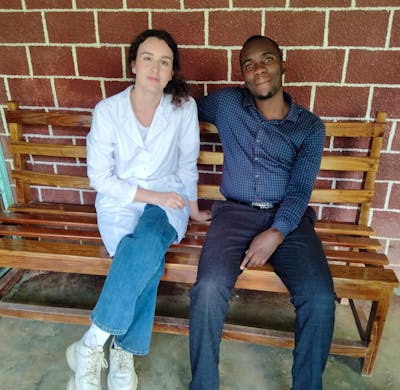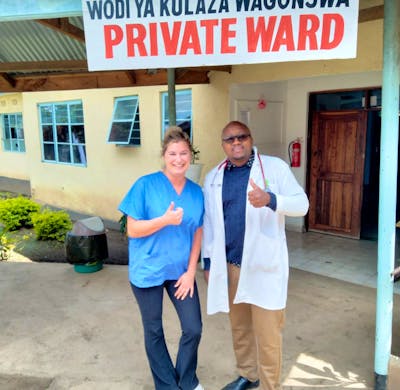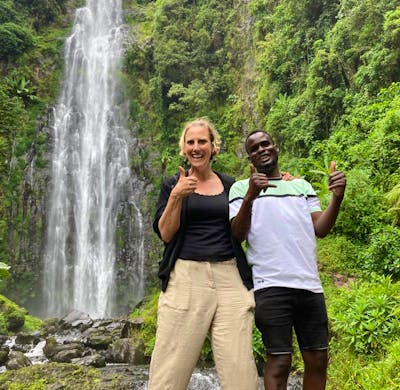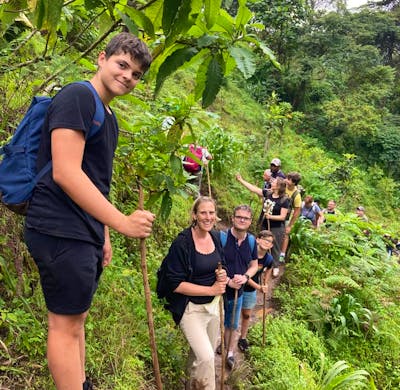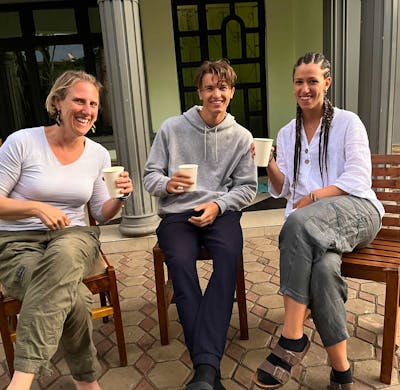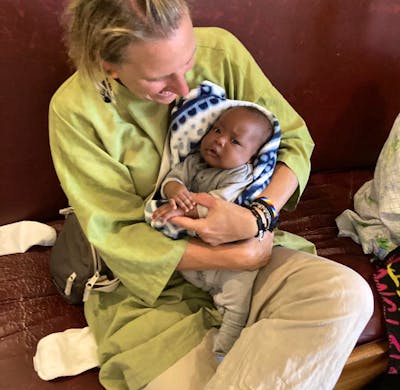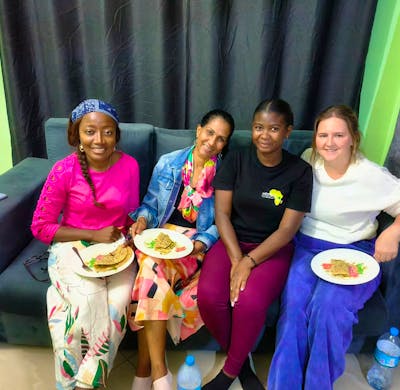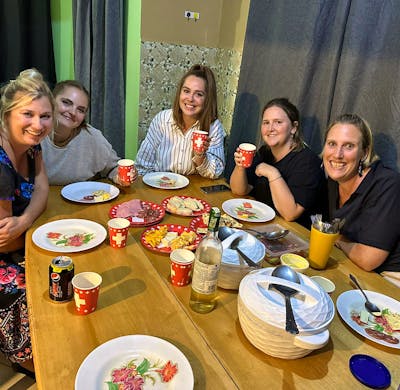from 176€
Medical Assistance and Medical Outreach
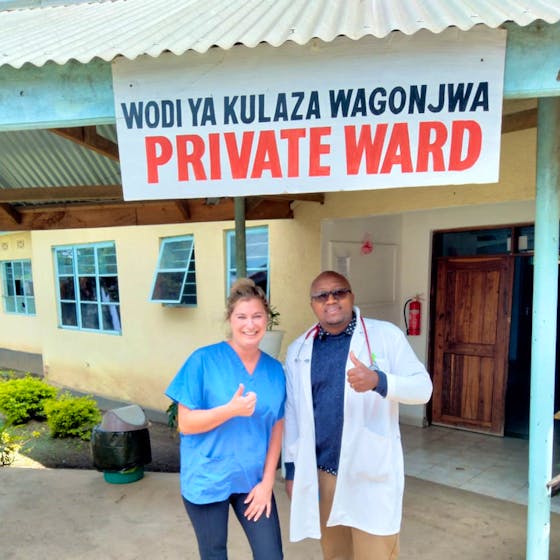
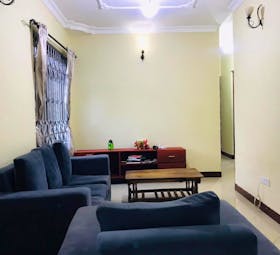
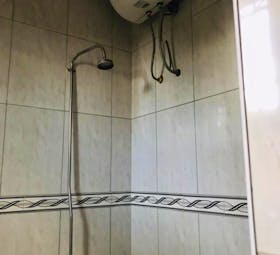
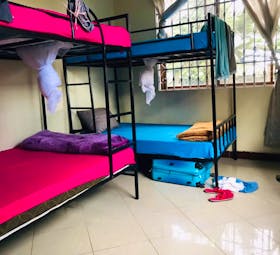
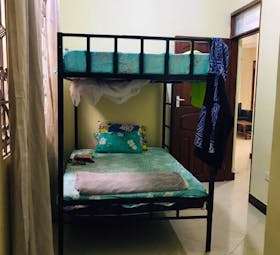
Highlights
- Heighten cross-cultural learning and global understanding.
- Increase access to education.
- Promote health and wellbeing
- Support community development
- Economic development of communities.
Especially suitable
About the program
This project involves placements in dispensaries, health centers, and hospitals mostly on rural villages. The volunteers are expected to be qualified and experienced.
For our medical program you will be placed in a health center depending on your experience and training. You will shadow doctors and other healthcare workers, observing how the healthcare system in Tanzania works as well as performing hands-on care and treatment for patients under supervision.
There ...
Typical day
In general, volunteers have the freedom to choose how they spend the day. However, a daily routine is recommended and may be coordinated with the project coordinators based on your program. A general day may look like this:
- Breakfast between 6:30 and 7:30am
- Commuting to placement via public ...
Free-time activities
Where can I go after my placement?
You can visit House of Babies, a home for orphaned and abandoned children.
You can visit a Special needs center.
You can go to the gym/ walk/ run.
Where can I go on weekends?
Arusha Town
Maasai Market & Souvenir Shops.
Museums and Historical sites.
Multi-cultural ...
Requirements
What's Included
What's NOT included?
Details on arrival
- The duration of your stay and program is counted in weeks. For instance, if a volunteer is registered for 4 weeks and the start date is January 1st, the program fee accommodates the previous night of December 31st until January 28th respectively.
- Travel and leisure holidays are of no exception; they are within the program duration. If a day or more is taken for travels in the program dates, the end date will remain the same.
- There is the possibility for program extension whenever necessary. A one day extension costs 30 USD, where as a week or more would be assigned program fees in regard to the duration of the stay. It is advised that if volunteers require an extension, they should provide a week's notice prior to the end of their original program.
Program fees
Meet your organization
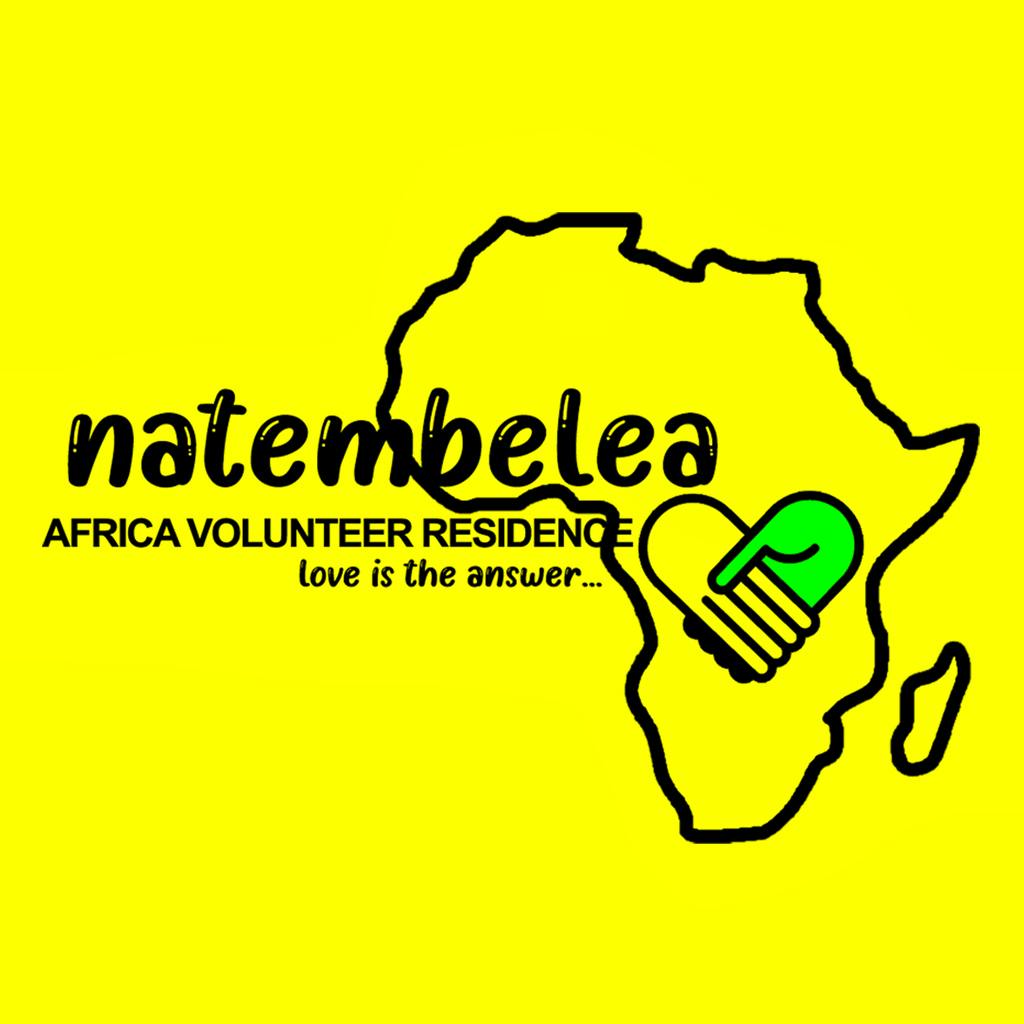
Natembelea Africa V Residence
Non-profit - founded in 2019
Verified by Volunteer World
Coordinated by
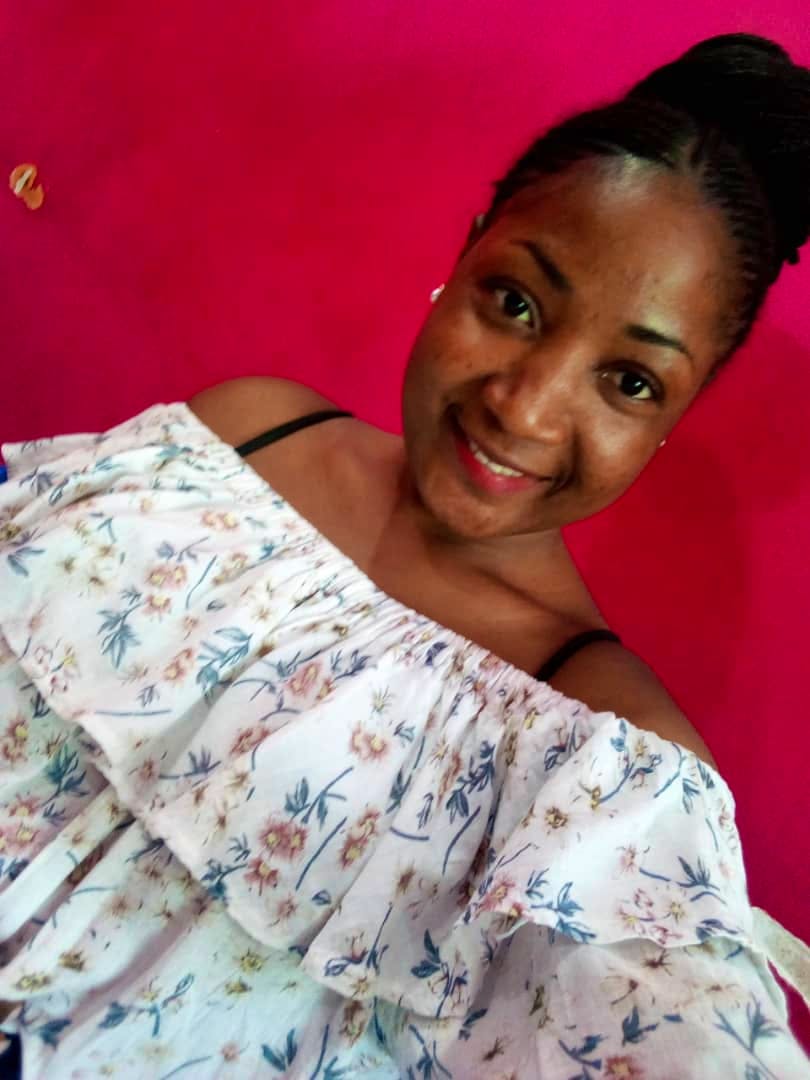
Schola
About the project
38 reviews ·  4.6
4.6
Location

You might also be interested in
-
Arusha
Group Volunteering
Medical Mission Trips
Adults
Best Volunteer Programs
Volunteer Trips for College Students
Mission Trips to Africa
Mission Trips
Hospital
Couples
Projects Abroad
Voluntouring
Global Volunteer Opportunities
Medical Volunteer in Africa
Medical Training in Tanzania
50 Plus Volunteering
